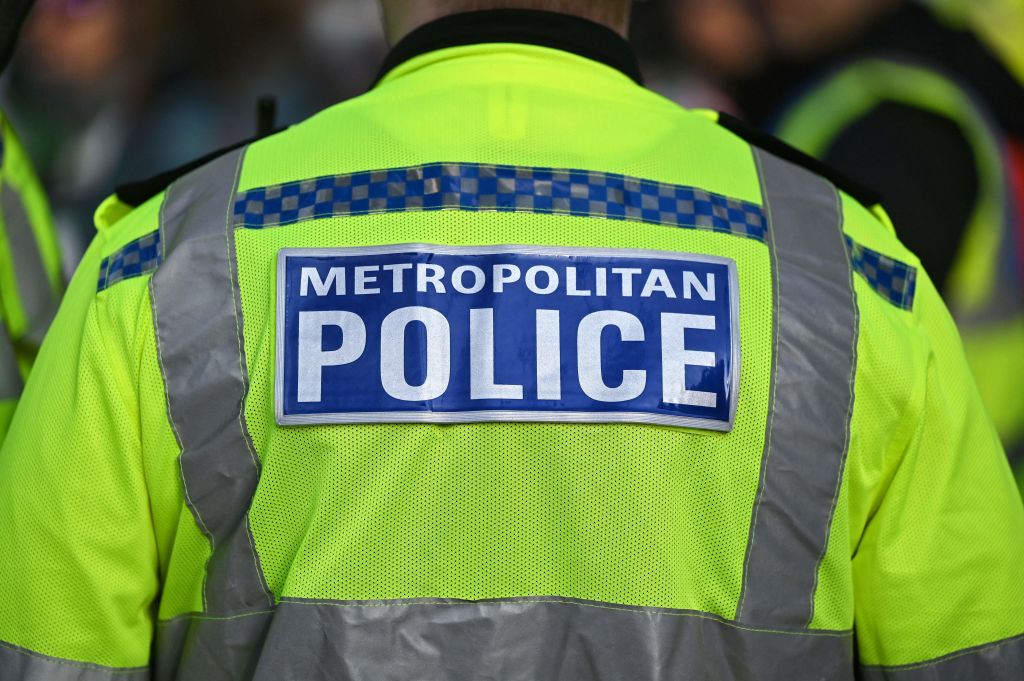Home Secretary Yvette Cooper has rejected calls by civil servants at the Home Office to broaden the definition of “extremism”. But what does the internal review recommend, and why has Cooper rejected its findings?
The review was commissioned by the Home Office as part of the counter-extremism “sprint” the Home Secretary launched on taking office. It advises the widening of the focus of counter-extremism policies to incorporate “conspiracy theorists” and extreme misogynists, as well as some environmental and single-issue campaigners. The focus of counter-extremism efforts, it suggests, should be less on ideologies and more on harm. It also reaches the conclusion that claims of “two-tier policing” are an extreme Right-wing theory which has wormed its way into mainstream debates.
In the aftermath of last year’s Southport stabbings and consequent riots, false claims about the perpetrator’s background were proliferated on social media platforms. This included one account originating from Pakistan reporting that British born-and-raised Axel Rudakubana — of Rwandan Christian heritage — was an illegal Middle Eastern Muslim migrant who had recently arrived in the UK on a small boat. There is no denying that creating and spreading conspiracy theories which risk inciting violence against specific groups in society can be categorized as extremism. This should be a lesson learned from last summer’s riots, which saw the deliberate targeting of mosques, Muslim-owned businesses, and hotels housing small-boat migrants.
However, the civil servants’ advice to treat accusations of “two-tier policing” as a form of far-Right activity demonstrates the deep ideological rot within the Home Office. This ignores the legitimate criticism of local councils and police forces which covered up sexual abuse gangs made up of predominantly Pakistani Muslim men for fear of being accused of racism or Islamophobia. For example, Greater Manchester Police’s Operation Augusta review into child sexual abuse was prematurely closed down in 2005 just a year after it was launched.
In 2023, long before Elon Musk’s recent commentary pushed the grooming gang scandal back to the top of the news agenda, Rochdale whistleblower and former constable Maggie Oliver blamed the “paralysing inaction” of the authorities on “cultural sensitivities about the backgrounds of the perpetrators, who were mainly British-Pakistani men”. It is, therefore, surely not “far-Right” or “extremist” to merely broach the topic of double standards in the criminal justice system.
What emerged in the trial and conviction of Rudakubana for his murder of three young girls — the worst attack on children in Britain since the Dunblane massacre in 1996 — is that he had a morbid fascination with the Rwandan genocide, the 2017 London Bridge terror attack, and various school shootings. He was reportedly planning a killing spree at the school where he had threatened and attacked teachers and fellow pupils. His violent history was well documented. Yet the system did not act to take him off the streets.
Is it possible that Rudakubana — the teenage son of asylum seekers from Rwanda, a country not too long ago ravaged by civil war and genocide — was repeatedly excused because of his background? Would Prevent have handled the danger he posed more robustly if he had been a white British working-class boy with a depraved interest in neo-Nazism and white supremacy? To ask such questions is not extreme Right-wing postulating. On the contrary, it is exactly the kind of questions the Home Office must ask itself during the upcoming national inquiry.











Join the discussion
Join like minded readers that support our journalism by becoming a paid subscriber
To join the discussion in the comments, become a paid subscriber.
Join like minded readers that support our journalism, read unlimited articles and enjoy other subscriber-only benefits.
Subscribe